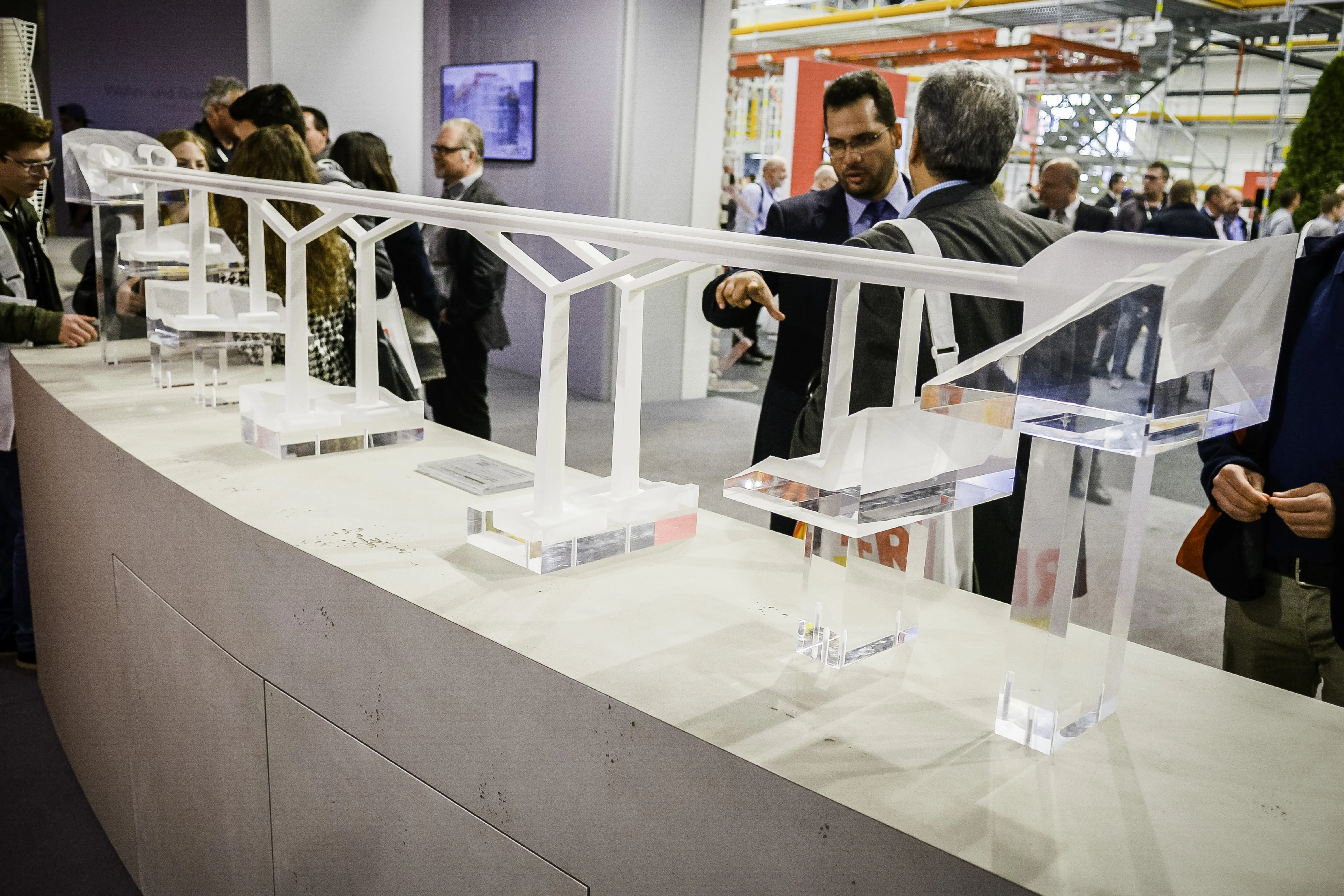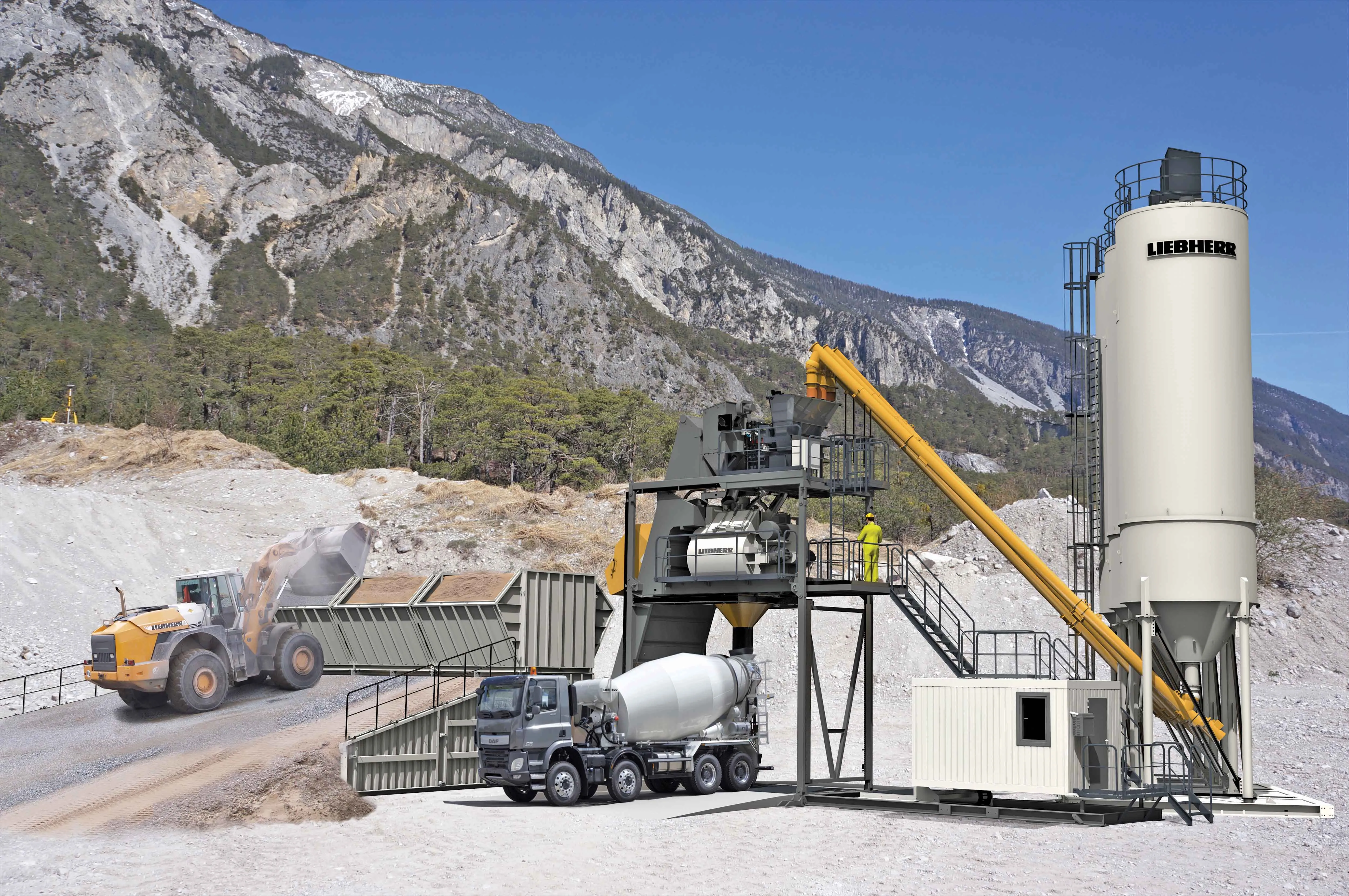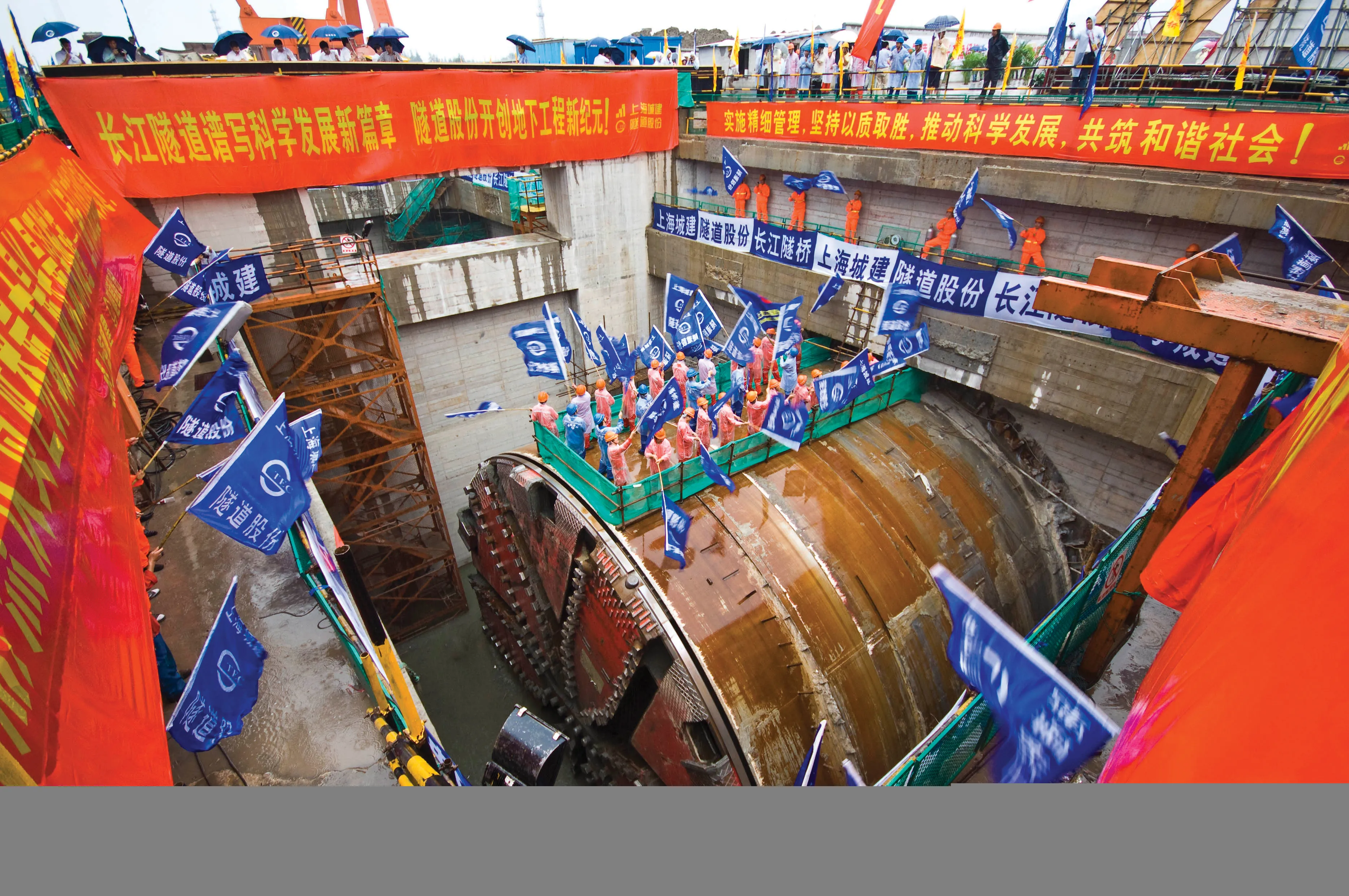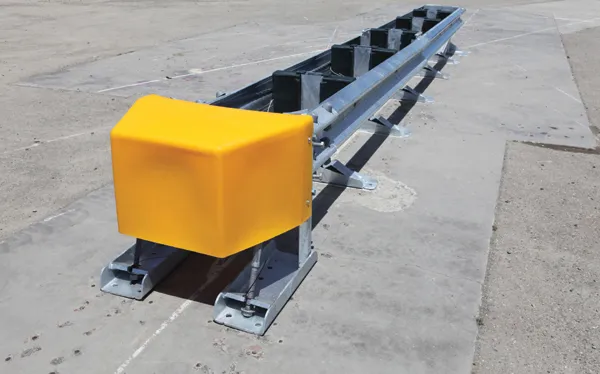New construction technology is helping speed construction for a new road connection in Singapore. The road will connect the Tampines Expressway (TPE) and the Kallang-Paya Lebar Expressway (KPE) with Punggol Central in Singapore. Virtual modelling has been used by the project team to design the new link and provide visualisations, as well as to tackle common issues such as clash detection, which can make major savings by eliminating the need for reworking. In addition, using precast concrete sections has helped reduce the time needed to erect components of the new road. The link would normally have taken up to three years to build but construction time has been cut by nine months. The work forms part of part of the KPE-TPE intersection expansion, costing nearly US$134 million.
Singapore’s fast track project aided by new technology
New construction technology is helping speed construction for a new road connection in Singapore. The road will connect the Tampines Expressway (TPE) and the Kallang-Paya Lebar Expressway (KPE) with Punggol Central in Singapore. Virtual modelling has been used by the project team to design the new link and provide visualisations, as well as to tackle common issues such as clash detection, which can make major savings by eliminating the need for reworking. In addition, using precast concrete sections has hel
November 9, 2018
Read time: 1 min









